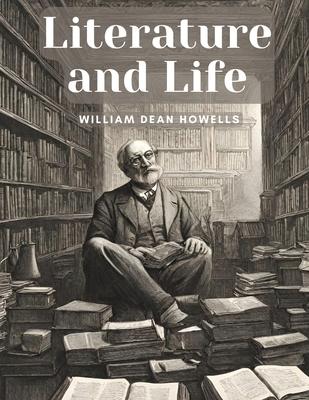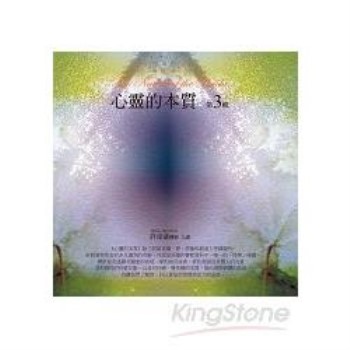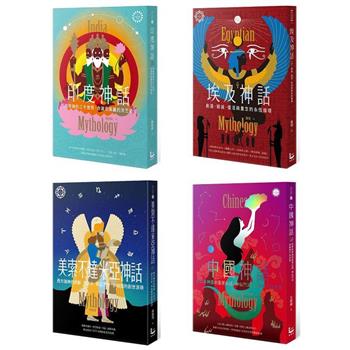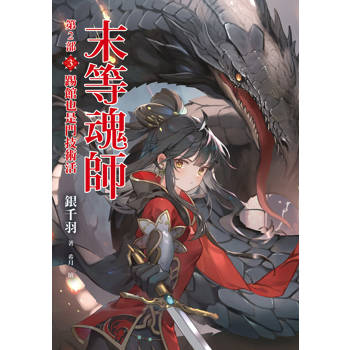"Literature and Life" is a collection of essays written by William Dean Howells, an American novelist, literary critic, and editor, originally published in 1902. In this book, Howells offers insightful reflections on the relationship between literature and various aspects of everyday life, as well as the role of literature in society.
Howells was a prominent figure in American literary circles during the late 19th and early 20th centuries, and his essays in "Literature and Life" reflect his deep engagement with contemporary literature and culture. The essays cover a wide range of topics, including the nature of realism in fiction, the influence of technology on society, and the social responsibilities of writers.
One of the central themes of the book is Howells’ advocacy for realism in literature. He argues that literature should strive to depict life as it truly is, without romanticizing or idealizing it. Howells believed that realistic literature had the power to foster empathy and understanding among readers, as well as to critique social injustices and inequalities.
In addition to discussing literary aesthetics, Howells also reflects on the ways in which literature intersects with various aspects of life, such as politics, economics, and morality. He explores how literature can both reflect and shape cultural attitudes and values, and he offers commentary on the social and ethical implications of different literary works.
Throughout the essays, Howells draws on his extensive knowledge of literature, referencing works by authors such as Mark Twain, Henry James, and Leo Tolstoy. He engages in close textual analysis, examining the themes, characters, and narrative techniques of different literary works to illuminate broader questions about the nature of art and its relationship to life.
Overall, "Literature and Life" is a thought-provoking collection that offers valuable insights into the ways in which literature reflects and influences the world around us. Howells’ essays remain relevant today for their exploration of timeless questions about the role of literature in society and its capacity to illuminate the human experience.












